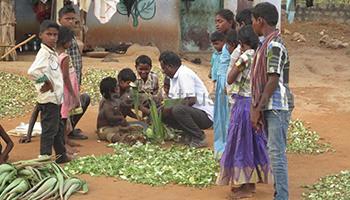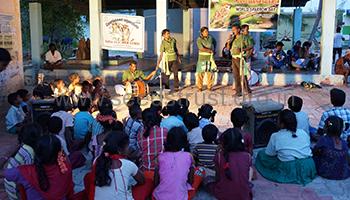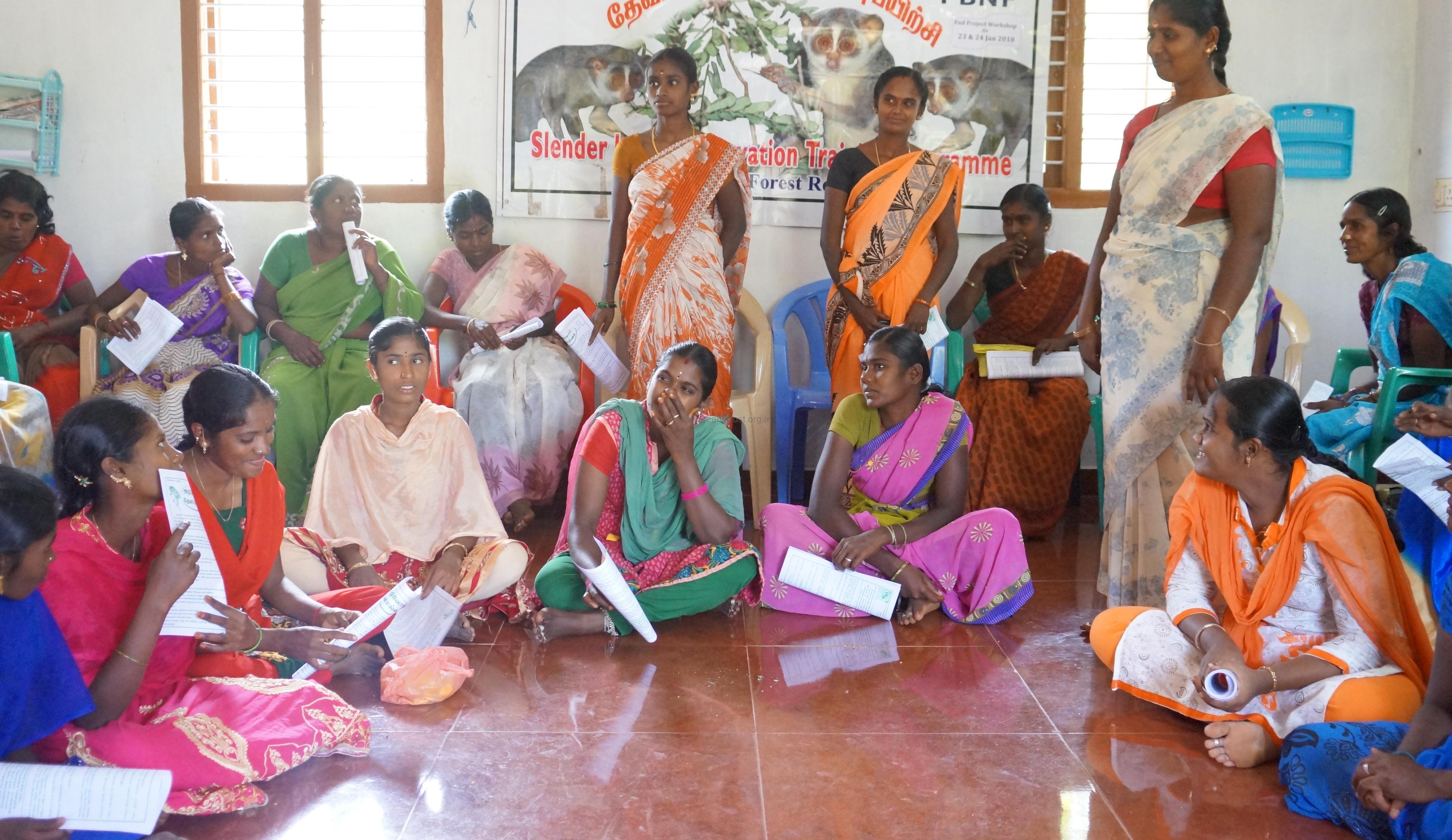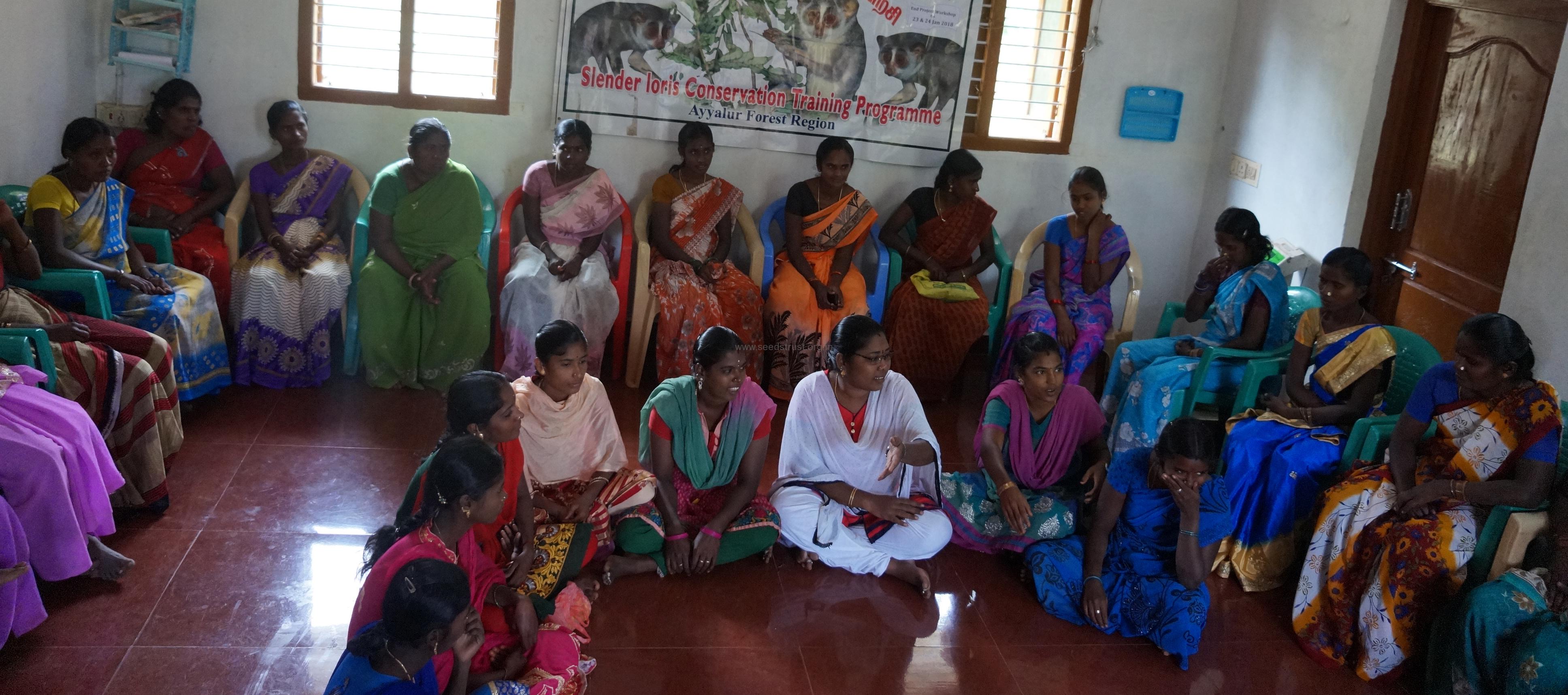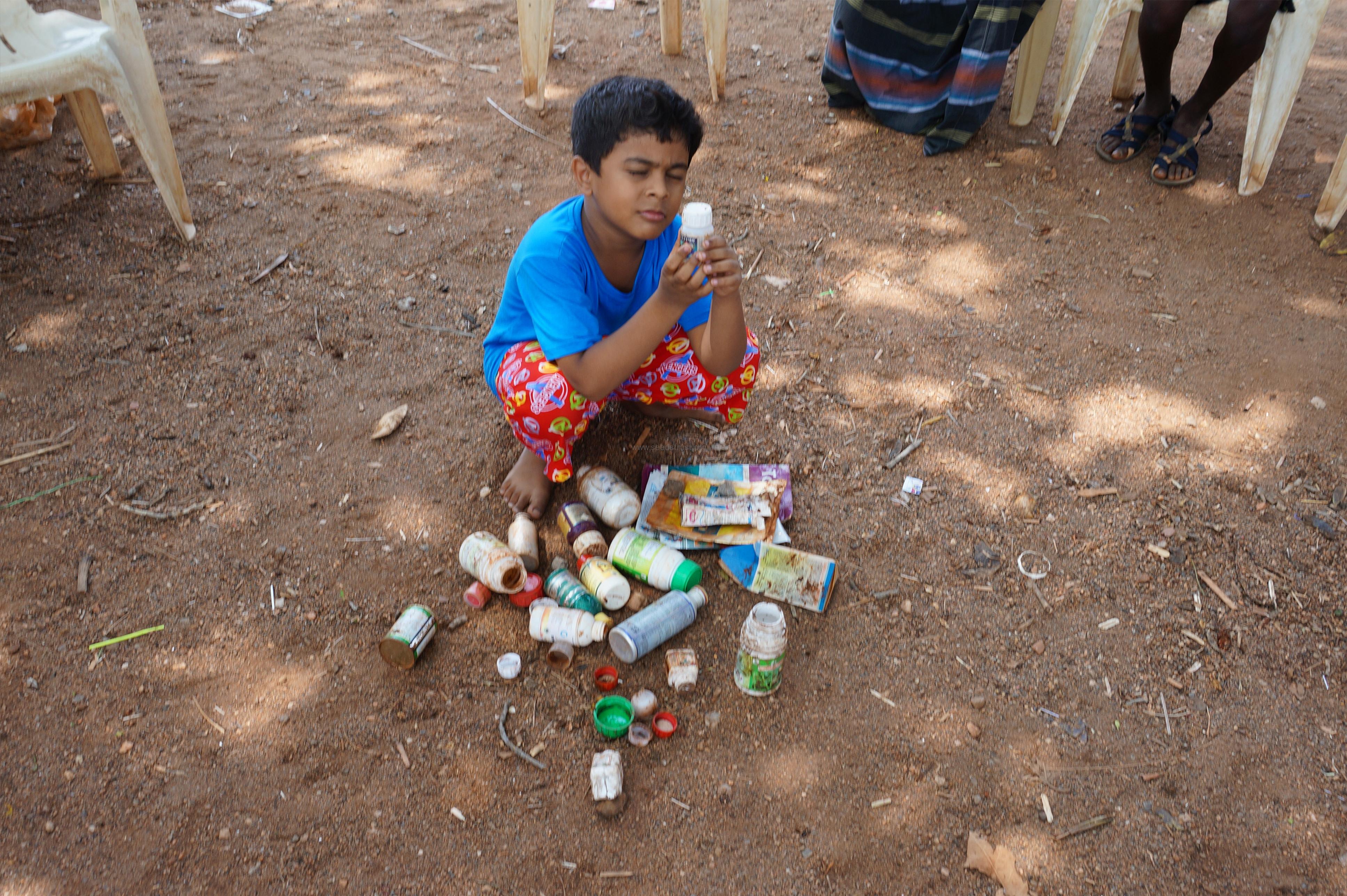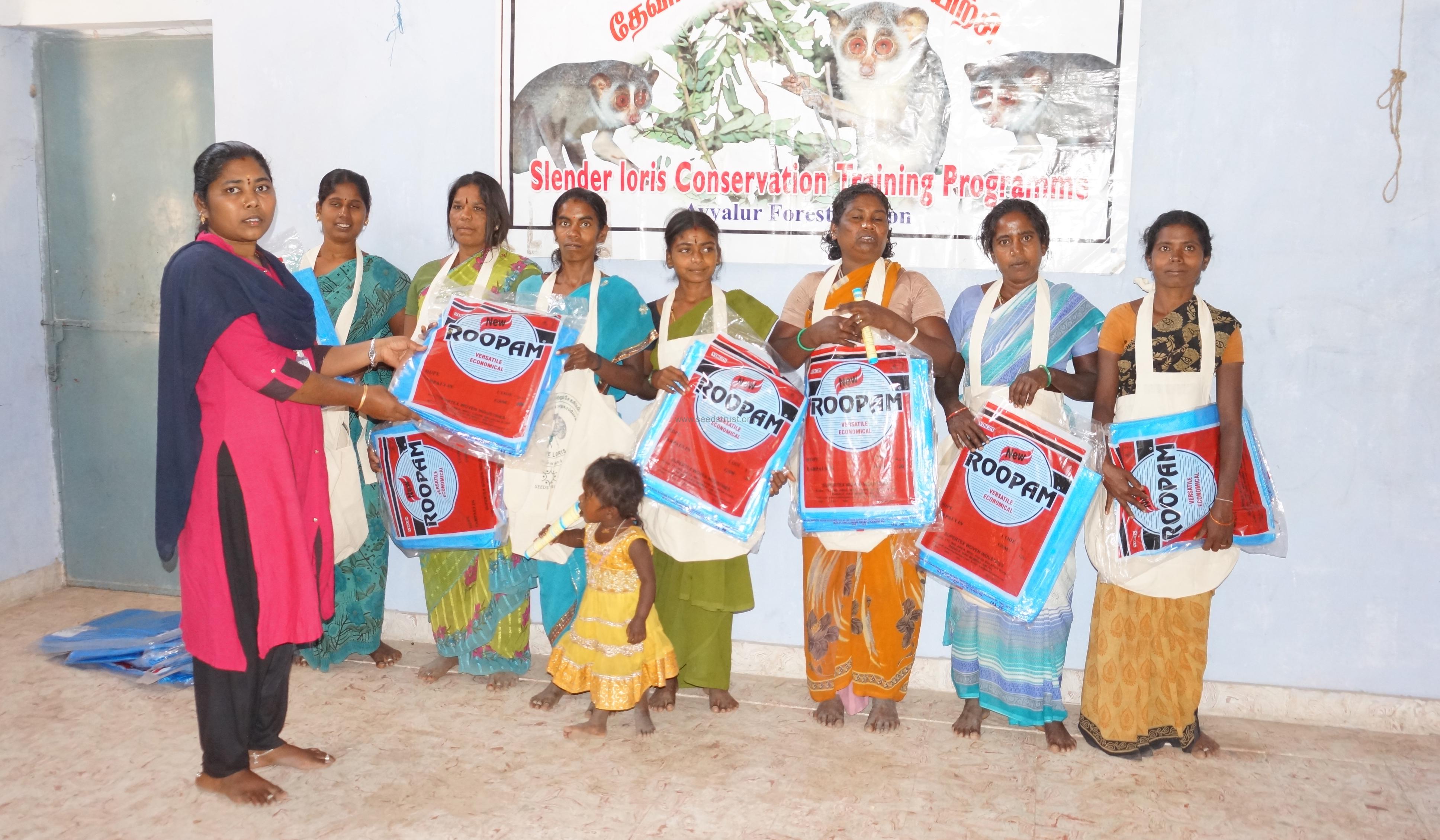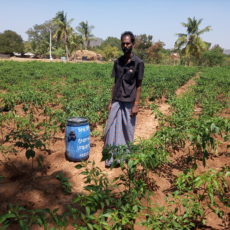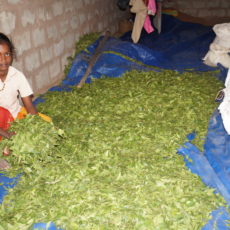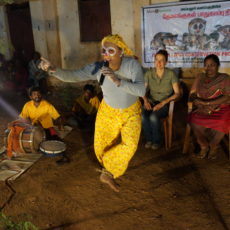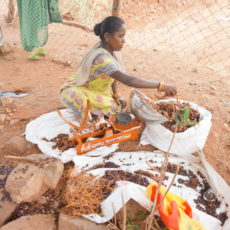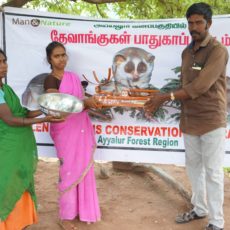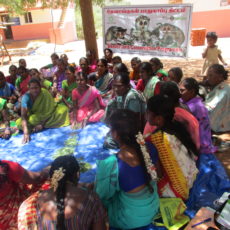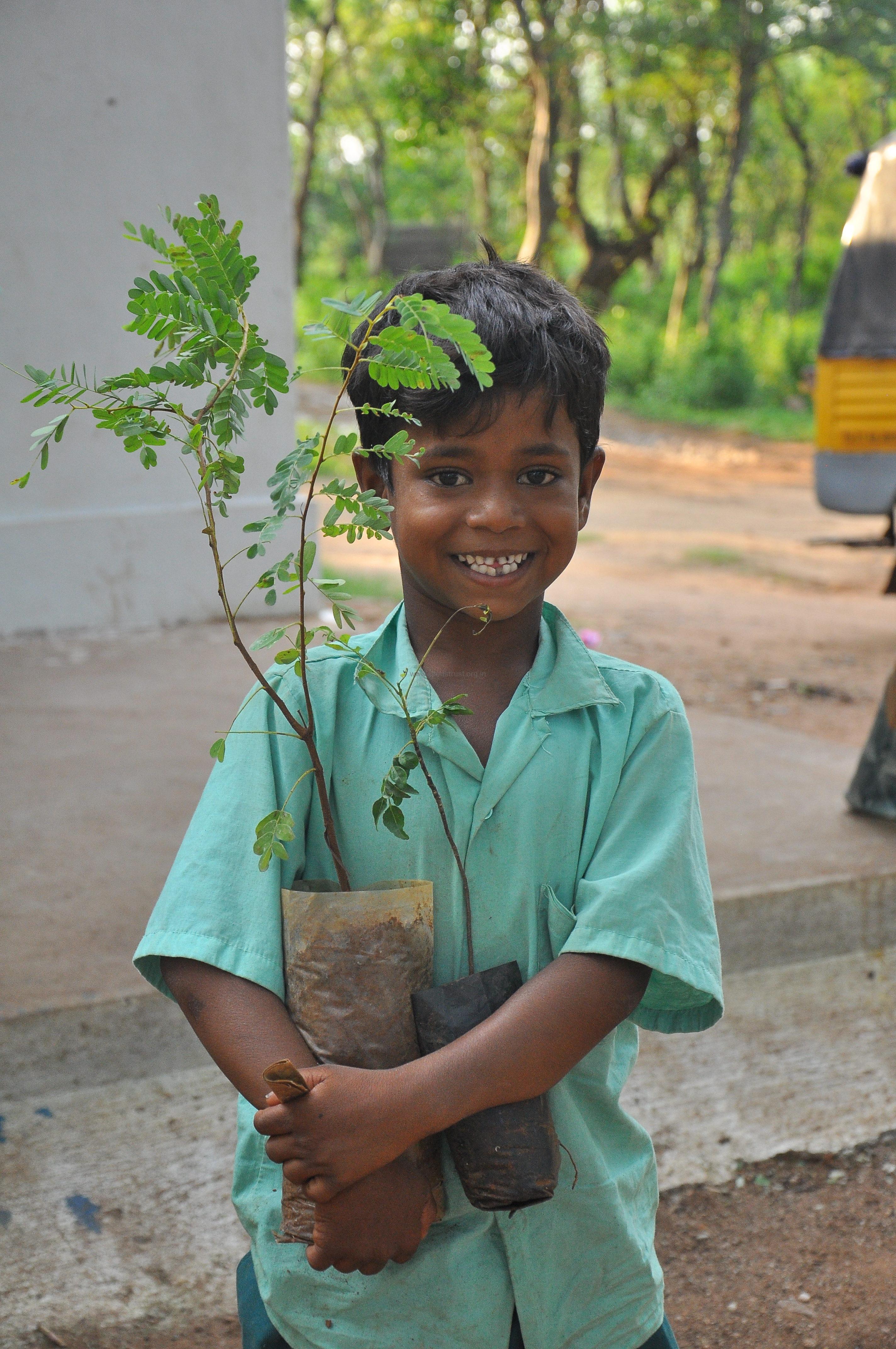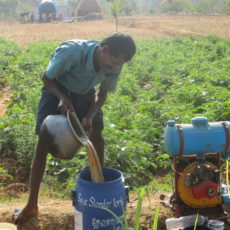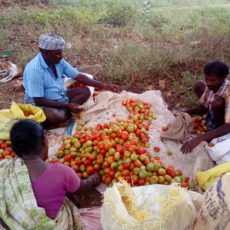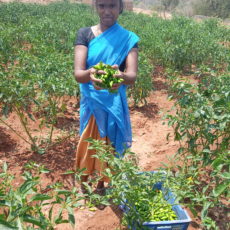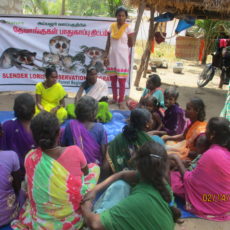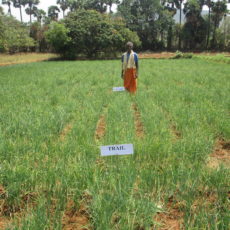CONSERVATION OF SLENDER LORIS IN THE AYYALUR FOREST REGION, EASTERN GHATS

Food security of low earning marginalized communities (especially tribes and small farming communities) is threatened by the climate change and resource access issues. Food and income insecurity is driving these communities to livelihood methods which are causing burden on the urban (migration, social security issues) and rural (heavy mechanization, reduced labor opportunities, dependence etc) systems.
This pressure exhibits in different ways. In the Ayyalur forest region, this is exhibited in the destruction of habitats for animals, loss of species due to pesticide poisoning in the fringes and hunting for income. The Slender loris is an indicator species in the region and the health of the same is important for habitat conservation.
Ayyalur Reserve Forest in the Eastern Ghats is an International Hotspot (East longitudes 770 13’ and 780 29’ North latitudes 100 0’ and 100 39’), located adjacent to the northern slope of Ayyalur hills and surrounding Ghats sections in the Dindigul, Tiruchirappalli and Karur districts of Tamil Nadu.
This forms part of the Eastern Ghats, which are a chain of small hills and Forested highlands spread across a distance of more than 200 km. The region is ecologically important because of its location (which meets with the Western Ghats at some locations) and its species diversity. This region hosts the most number of species of animals and plants in India. For this reason, it is also an environmentally hot spot in terms of declining bio diversity both flora and fauna, due to social and economic needs of the communities.
Ayyalur Forest is home to the Slender loris which is declining fast due to poaching for medicinal and meat uses, killed by pesticide poisoning, deforestation, grazing, forest fire, road kills from roads that run through the forest and loss of trees and nesting space. The fringe communities are involved in small farming using high doses of dangerous pesticides which also kills the fragile loris, due to toxicity in water and soil. Tree felling and logging also destroys the habitat of the loris and also affects all other mammals and species in the forest.
Our focus is to address following three key issues that impact the Slender loris population, through field activities in 40 villages of the Dindigul, Trichy and Karur districts:
1. Awareness generation on Slender loris conservation
2. Group formation and Training
3. Training poachers in alternate livelihood methods and support them
4. Support tribal women with skill training on value adding non timber forest products, which will economically develop their status
5. Training and motivating vegetable farmers in fringe villages, for reducing pesticide load in their farming
6. Planting of Trees in public and private lands
The approach is to support livelihood and conservation both simultaneously, without one affecting the other.
So, our focus is on promoting the conservation of slender loris as a first step towards conserving and promoting biodiversity and food security of the communities living in the habitat. We believe that the conservation of Slender loris will impact the food chain upwards and will improve the whole habitat and livelihood of communities dependent on the same
